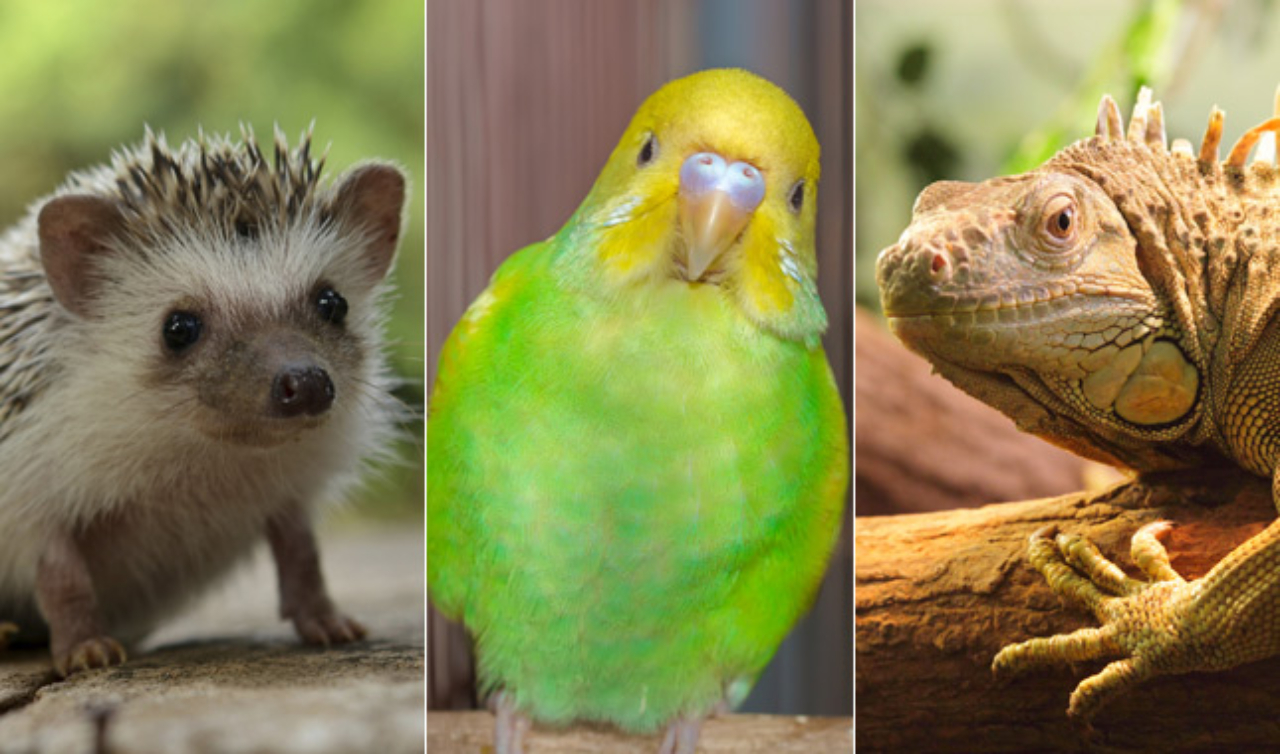As animal lovers, many of us enjoy keeping pets for companionship and to bring joy to our homes. While dogs and cats are the most popular choices, some people opt for exotic animals like snakes, birds, and monkeys. Exotic animals may be intriguing, but are they as sweet as classic pets? In this article, we’ll explore the pros and cons of owning an exotic pet and compare them to traditional pets.
Table of Contents
1. Introduction
2. The Appeal of Exotic Animal Pets
3. The Challenges of Owning Exotic Pets
4. Comparing the Personalities of Exotic and Classic Pets
5. Caring for Exotic Animals
6. Legal Considerations of Exotic Pet Ownership
7. Risks and Dangers of Owning Exotic Animals
8. Costs of Owning Exotic Animals
9. Pros and Cons of Owning Exotic Animals
10. Conclusion
11. FAQs
1. Introduction
Many people consider pets to be their best friends and family members. In most households, dogs and cats are the popular choices of pets. However, owning exotic animals has been gaining popularity over the years. From monkeys to pythons, exotic pets have become a trend among many animal enthusiasts.
2. The Appeal of Exotic Animal Pets
Exotic pets are alluring and unique. People are drawn to the idea of having a pet that stands out from the rest. Exotic pets can also be quite interactive and entertaining. They are not only exciting but can also be a conversation starter for visitors.
3. The Challenges of Owning Exotic Pets
Unlike traditional pets, exotic pets can be difficult to care for. They require specialized diets, habitats, and medical care. For example, a pet monkey requires a lot of attention and socialization, as they thrive on being around other monkeys. Owning exotic animals can also come with a lot of responsibility and challenges.
4. Comparing the Personalities of Exotic and Classic Pets
Exotic and classic pets have different personalities. While some exotic pets are affectionate and interactive, others can be aggressive and dangerous. Dogs and cats, on the other hand, are known for their loyalty and companionship.
5. Caring for Exotic Animals
Owning an exotic animal requires specialized knowledge and care. They have different dietary needs and require specific habitats that mimic their natural environment. Exotic pets also require regular veterinary care from a veterinarian with experience in treating exotic animals.
6. Legal Considerations of Exotic Pet Ownership
The laws regarding exotic pet ownership vary from state to state. Some states have stricter regulations than others. It is important to research the legal requirements in your area before owning an exotic pet.
7. Risks and Dangers of Owning Exotic Animals
Exotic animals can pose risks and dangers to their owners and the public. Some animals can carry diseases that can be transmitted to humans. Others can become aggressive and cause harm to people or other pets.
8. Costs of Owning Exotic Animals
Owning an exotic animal can be expensive. They require specialized diets, habitats, and medical care, which can be costly. In addition, some states require a permit or license to own an exotic animal, which can add to the expense.
9. Pros and Cons of Owning Exotic Animals
While owning an exotic animal can be exciting, it also comes with its own set of challenges. Here are some of the pros and cons of owning exotic pets:
Pros:
Unique and intriguing pets
Interactive and entertaining pets
Can be a conversation starter
Cons:
Require specialized knowledge and care
Can be difficult and expensive to care for
Can be dangerous to their owners and the public
Legal requirements can be strict and costly
10. Conclusion
In conclusion, exotic pets may seem alluring, but they come with their own set of challenges. While they can be unique and interactive pets, they require specialized knowledge and care, and can be dangerous to their owners and the public. Traditional pets like dogs and cats are known for their loyalty and companionship and are generally easier and less expensive to care for. Ultimately, the decision to own an exotic pet should be carefully considered and researched.
11. FAQs
- What are some examples of exotic pets?
- Some examples of exotic pets include snakes, birds, monkeys, and lizards.
- Do exotic pets make good pets?
- Exotic pets can be unique and entertaining, but they require specialized care and can be dangerous. It ultimately depends on the owner’s knowledge and ability to care for the animal.
- Can you legally own an exotic pet?
- The laws regarding exotic pet ownership vary from state to state, and some require a permit or license to own certain exotic animals.
- Are exotic pets more expensive than traditional pets?
- Exotic pets can be more expensive than traditional pets, as they require specialized diets, habitats, and medical care.
- What should I consider before owning an exotic pet?
- Before owning an exotic pet, it is important to research the animal’s specific needs, legal requirements in your area, and potential risks and dangers. It is also important to consider the costs and responsibilities associated with owning an exotic animal.








